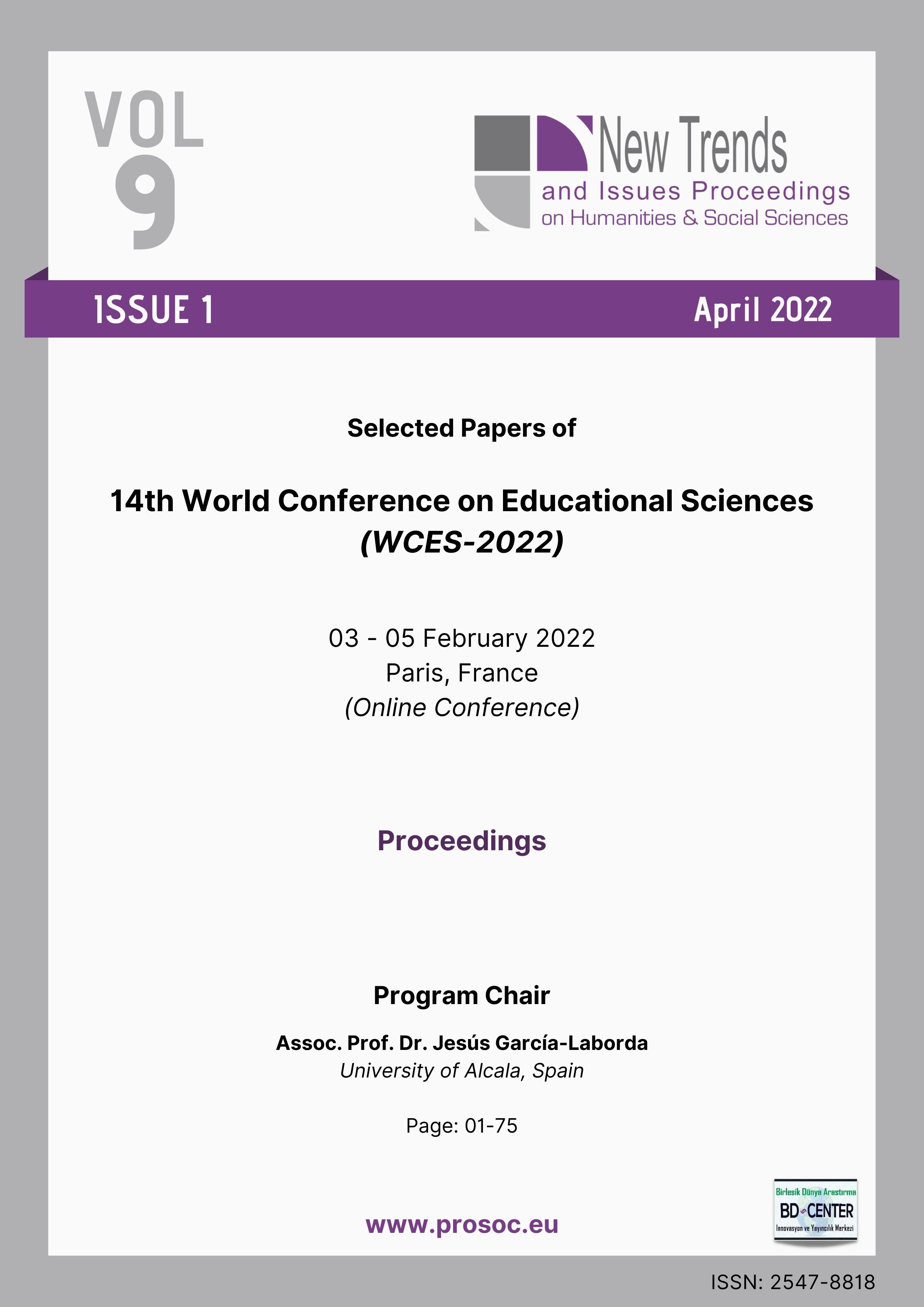Atelier experiences in interior architecture education: Zero waste approaches
Main Article Content
Abstract
Workshops, seminars, ateliers, and charrettes, which are vocational courses and extracurricular activities taken outside of the studio courses, support studio education to a great extent. The "learning by doing" model gains significance in 21st-century interior architecture education. In this context, the application model of two workshops/ateliers held at different times within the scope of the study will be reviewed. The first of these consists of the Zero Waste Approach in Design Education Training Workshop-1, which was held face-to-face and organized by the Hacettepe University Faculty of Fine Arts, Department of Interior Architecture and Environmental Design in 2019, and the second, the Zero Waste Approach in Design Education Training Workshop-2, held online in 2021. From the study, participation in workshops and ateliers in interior architecture education boosts students' awareness, supports group work, increases synergy and motivation, and strengthens their design skills. The cooperation of institutions, on the other hand, expands the interaction and provides important contributions to interior architecture education.
Keywords: Atelier; Interior Architecture; Learning by Doing; Workshop; Zero Waste.
Downloads
Article Details

This work is licensed under a Creative Commons Attribution 4.0 International License.
Authors who publish with this journal agree to the following terms:- Authors retain copyright and grant the journal right of first publication with the work simultaneously licensed under a Creative Commons Attribution License that allows others to share the work with an acknowledgement of the work's authorship and initial publication in this journal.
- Authors are able to enter into separate, additional contractual arrangements for the non-exclusive distribution of the journal's published version of the work (e.g., post it to an institutional repository or publish it in a book), with an acknowledgement of its initial publication in this journal.
- Authors are permitted and encouraged to post their work online (e.g., in institutional repositories or on their website) prior to and during the submission process, as it can lead to productive exchanges, as well as earlier and greater citation of published work (See The Effect of Open Access).
